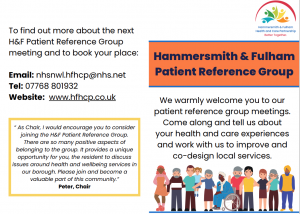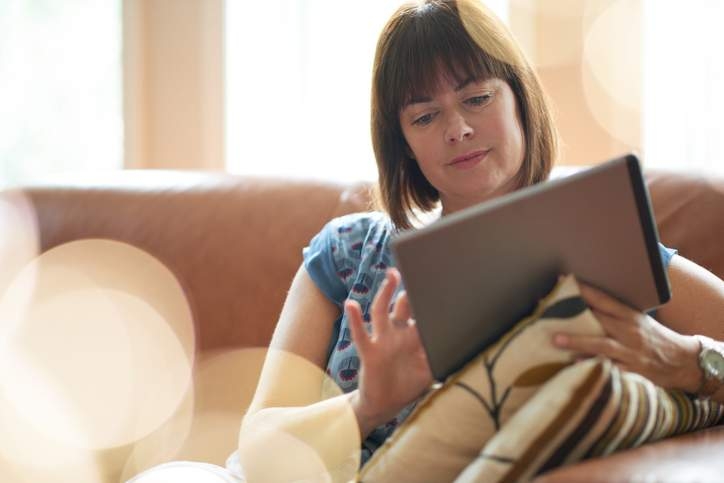Millions of parents and carers in England are being urged to book their children in for their missed measles, mumps, and rubella (MMR) vaccine as part of a major new NHS drive to protect children from becoming seriously unwell, as measles cases continue to rise across the country.
The NHS campaign will see all parents of children aged from six to 11 years contacted encouraging them to make an appointment with their child’s GP practice for their missed MMR vaccine.
NHS figures show more than 3.4 million children under the age of 16 years are unprotected and at risk of catching these serious and completely preventable diseases.
Thanks to NHS efforts last winter, the number of MMR vaccinations increased by 10% compared to the previous year with two million, texts, email and letters sent to parents between September 2022 and February 2023.
The NHS campaign will target areas with low uptake of the vaccine with the health service contacting just over one million people aged 11 to 25 years-old in London and the West Midlands to invite them to catch up on their missed MMR vaccinations.
Steve Russell, NHS Director of Vaccinations and Screening, said: “The NHS is acting quickly to tackle the spread of measles by contacting one million people aged between 11 and 25 across London and the Midlands to urge them to get their vaccine.
“People who are unvaccinated can get catch-up jabs at MMR pop-ups in schools and other convenient places while GPs, teachers and trusted community leaders are encouraging groups that are less likely to get their jab to come forward.
“All this builds on the national MMR catch-up campaign the NHS rolled out at the beginning of winter, with text, email and letter reminders sent out to parents and guardians of children up to five who have yet to get full protection.
“Measles is a serious illness, with one in five children who get the disease having to be admitted to hospital for treatment, so if you or your child have not had your MMR jab, it is vital you come forward”.
Measles is not just a childhood disease and can be serious at any age. If caught during pregnancy it can be very serious causing stillbirth, miscarriage and low birth weight and NHS bosses are urging young adults to catch up on any missed doses before thinking about starting a family.
Two doses of the safe and effective MMR vaccine are needed for maximum life-long protection, with the first dose given around the child’s first birthday, and the second dose given at around three years and four months old.
However, anyone can catch up at any age on any missed doses and it’s never too late to protect yourself. The vaccine doses are typically given via a single injection into the muscle of the thigh or upper arm and are usually delivered with their other one year and preschool vaccinations.
The NHS campaign is being supported by Samantha Murray-James from Cheshire, mum of 16 months old Lucca.
Samantha said: “I’d heard stories from my grandmother about measles and how she nursed her children in a darkened room to stop them going blind with it in the 1950s, but didn’t think it was still a problem now. When I heard that measles was making a come back in the news I was worried about my son, Lucca who was just a few months old. As soon as my GP invited me around his first birthday I booked him an appointment to get his first MMR vaccine. The nurse reassured us both and it has put my mind at rest to know he is now protected”.
Measles, mumps and rubella are highly infectious illnesses that can easily spread between unvaccinated people.
Complications from measles, mumps and rubella can be potentially life changing including blindness, deafness and swelling of the brain (encephalitis).
Analysis shows one infected child in a classroom can infect up to nine other unvaccinated children, making it one of the most infectious diseases worldwide; and more infectious than COVID-19. Meanwhile, one in five children with measles, will need to be admitted to hospital for treatment.
Dr Gayatri Amirthalingam, UK Health Security Agency Consultant Medical Epidemiologist said: “The continuing downward trend in the uptake of routine childhood vaccinations is a serious concern. The diseases that these vaccines protect against, such as measles, can be life-changing and even deadly. No parent wants this for their child especially when these diseases are easily preventable.
“We now have a very real risk of measles outbreaks across the country. Please don’t put this off, check now that your children are fully up to date with both their MMR jabs and all their routine vaccines, and do take up the offer as soon as possible if you are contacted by your GP practice or the NHS for your child to catch up”.
Data shows the MMR vaccine is safe and very effective. After two doses:
- around 99% of people will be protected against measles and rubella
- around 88% of people will be protected against mumps
This latest campaign follows on from an NHS polio and MMR catch-up campaign, which targeted un-or-partially-vaccinated children aged one to 11 years in London, rolled out at the end of March through GP practices, primary schools and community vaccination clinics.
Health Minister Maria Caulfield said: “Measles is a serious but entirely preventable disease.
“The MMR vaccine is proven to be safe for youngsters and offers lifelong protection.
“I’m urging everyone whose child is not yet fully vaccinated to come forward and get them protected as soon as possible”.
Parents and carers can find out more about the different vaccines their child should have and when by visiting www.nhs.uk and searching for ‘NHS vaccinations and when to have them’.







